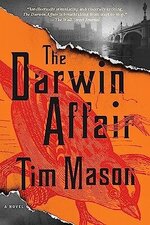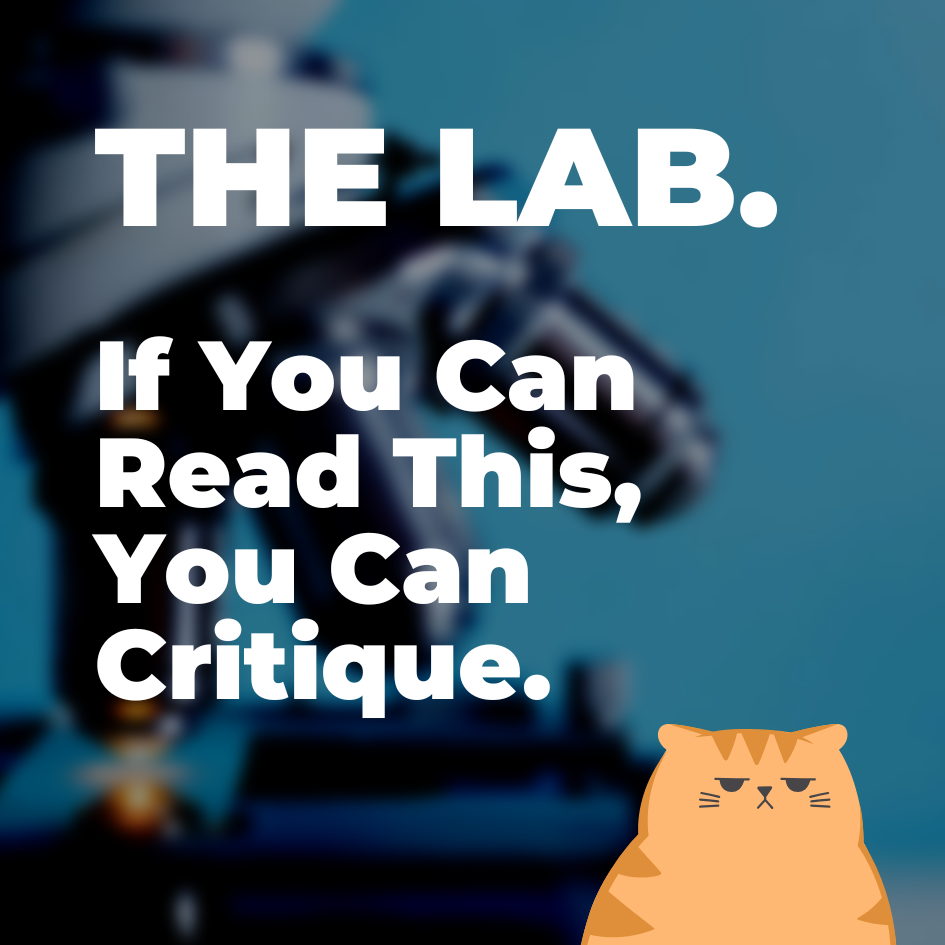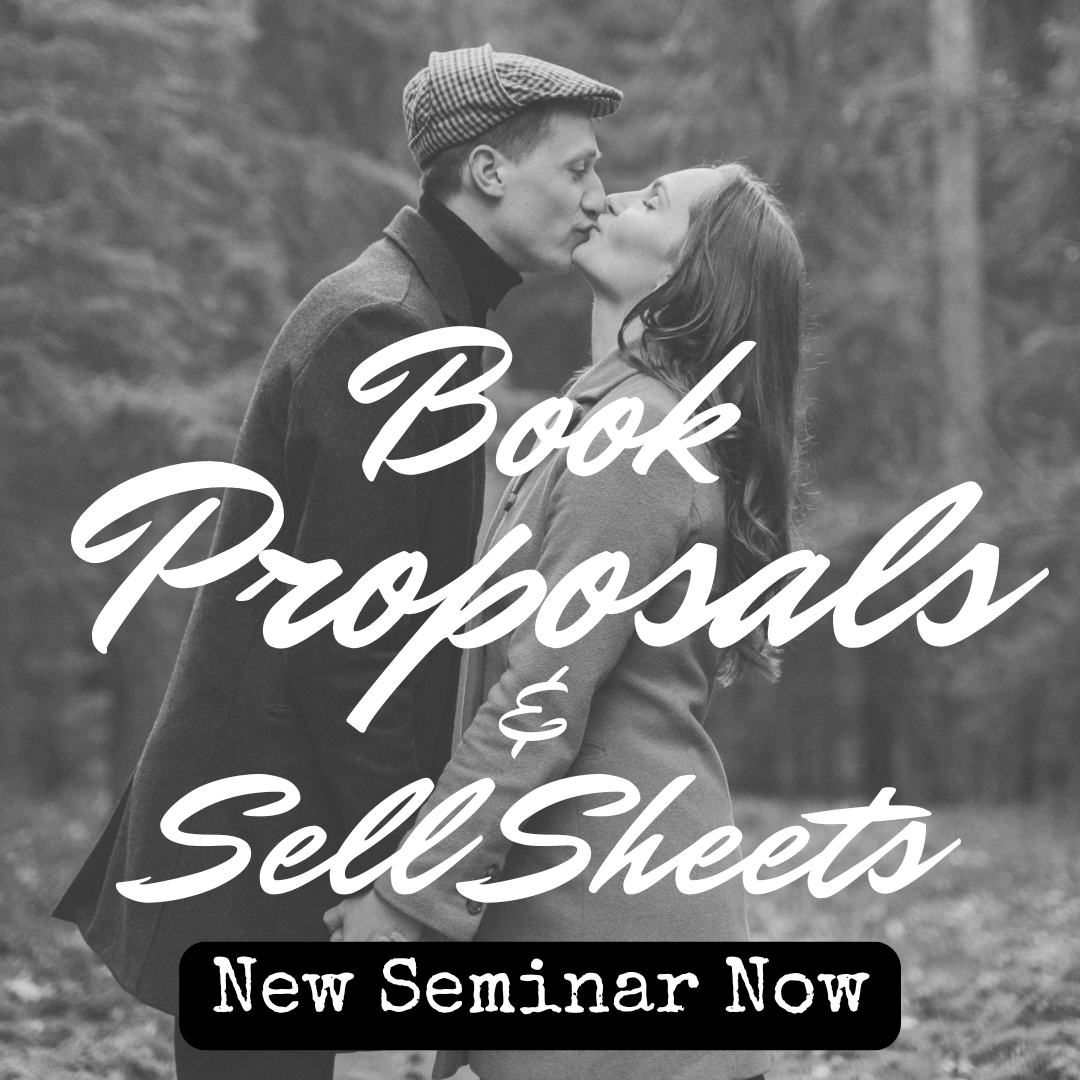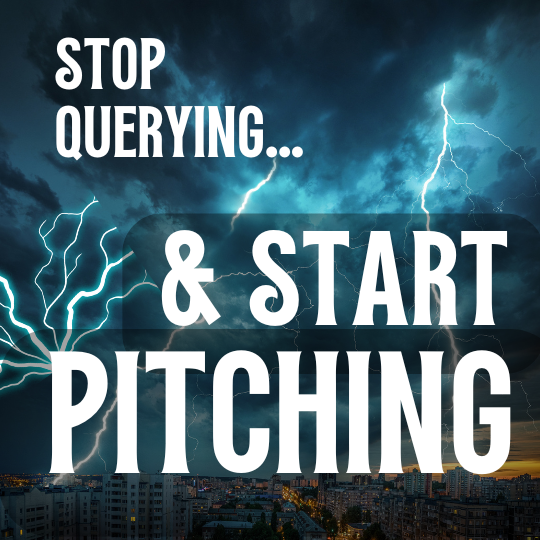Adrian Bagley
Basic
I've noticed a trend recently of people submitting e.g. exciting-sounding thrillers that open on a character's very ordinary life. The comments, naturally, tend towards "start in a different place" or "flash forward to an exciting scene first, then fill in the backstory afterwards".
Which is excellent advice, particularly for a thriller. But there can be pitfalls there, too - for example, starting with Mary being rushed into hospital. Dramatic! But we don't care, because we don't have any reason to care about Mary yet. And I think that goes to the heart of what the authors are trying to do. They want to make us care about Mary and her life before they lob a stick of dynamite into the middle of it.
And here's the thing... even if you open on an exciting scene and then flash back to your character's "ordinary" life, that only buys you so much leeway. You still have to make it interesting or the book's a snoozefest.
FWIW, here are my thoughts.
1) No one's life is ordinary. In particular, no protagonist's life is ordinary.
2) There are lots of examples of books and drama series where the writers took their time to really invest us in the characters and their lives before blowing it all up. How did they get away with the slow beginning? Carefully, and by focussing on what makes that "ordinary" life interesting.
Bilbo Baggins started his journey with a very ordinary life... in The Shire... in Middle-Earth. Charlie and the Chocolate Factory doesn't open with a flash-forward to Charlie diving headfirst into a vat of chocolate. It starts with his ordinary life... of abject, grinding poverty. Dahl miraculously avoids making this depressing or straying out of the target age range, and the result is that we care passionately about Charlie from page one. Because we care about Charlie, we care about his story, and we don't notice that nothing exciting has happened yet. Harry Potter uses much the same trick.
In short, you don't necessarily have to open with a bang, but you do have to open with a hook. Grab our interest and never let go.
"Mary Jane had a perfect life." You've just planted the idea that Mary's "perfect" life is not going to last... and given yourself an excuse to spend some time describing it. As you show us what a perfectionist she is, how everything has to be just so, the suspense ratchets up as we realise just how badly she's going to handle it when everything goes wrong.
Neera is a bank manager who goes on to become an international jewel thief. How do we make her backstory interesting? She's working 20-hour days. We open on her driving home from work, so exhausted that she drives straight into a tree.
Jane is a stay-at-home mum. Is her life ordinary? Noooooo, we open on her going into the nursery to find baby lying smugly on the floor having dismantled his own crib, clawed his way out of the babygrow and smeared the contents of his own nappy over every surface in the room (I was that baby).
So my advice is to throw away the idea that your protagonist ever had an "ordinary" life, and focus instead on what makes it interesting. Dial that up to eleven, and off you go...
Which is excellent advice, particularly for a thriller. But there can be pitfalls there, too - for example, starting with Mary being rushed into hospital. Dramatic! But we don't care, because we don't have any reason to care about Mary yet. And I think that goes to the heart of what the authors are trying to do. They want to make us care about Mary and her life before they lob a stick of dynamite into the middle of it.
And here's the thing... even if you open on an exciting scene and then flash back to your character's "ordinary" life, that only buys you so much leeway. You still have to make it interesting or the book's a snoozefest.
FWIW, here are my thoughts.
1) No one's life is ordinary. In particular, no protagonist's life is ordinary.
2) There are lots of examples of books and drama series where the writers took their time to really invest us in the characters and their lives before blowing it all up. How did they get away with the slow beginning? Carefully, and by focussing on what makes that "ordinary" life interesting.
Bilbo Baggins started his journey with a very ordinary life... in The Shire... in Middle-Earth. Charlie and the Chocolate Factory doesn't open with a flash-forward to Charlie diving headfirst into a vat of chocolate. It starts with his ordinary life... of abject, grinding poverty. Dahl miraculously avoids making this depressing or straying out of the target age range, and the result is that we care passionately about Charlie from page one. Because we care about Charlie, we care about his story, and we don't notice that nothing exciting has happened yet. Harry Potter uses much the same trick.
In short, you don't necessarily have to open with a bang, but you do have to open with a hook. Grab our interest and never let go.
"Mary Jane had a perfect life." You've just planted the idea that Mary's "perfect" life is not going to last... and given yourself an excuse to spend some time describing it. As you show us what a perfectionist she is, how everything has to be just so, the suspense ratchets up as we realise just how badly she's going to handle it when everything goes wrong.
Neera is a bank manager who goes on to become an international jewel thief. How do we make her backstory interesting? She's working 20-hour days. We open on her driving home from work, so exhausted that she drives straight into a tree.
Jane is a stay-at-home mum. Is her life ordinary? Noooooo, we open on her going into the nursery to find baby lying smugly on the floor having dismantled his own crib, clawed his way out of the babygrow and smeared the contents of his own nappy over every surface in the room (I was that baby).
So my advice is to throw away the idea that your protagonist ever had an "ordinary" life, and focus instead on what makes it interesting. Dial that up to eleven, and off you go...









